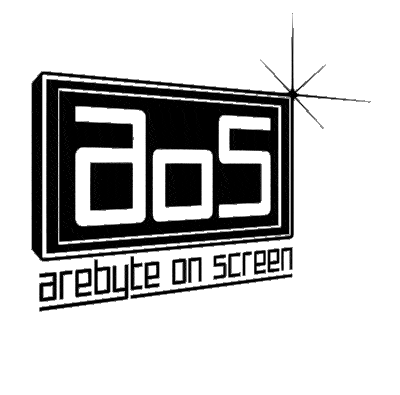
Katrina Sluis discusses the themes and ideas present within RGBFAQ, Alan’s Warburton’s exhibition at arebyte.
RGBFAQ ran from 17 October 2020 – 30 May 2021. It was part of arebyte’s 2020 programme systems.
RGBFAQ comprises a research-led experiential exhibition in which the audience navigates a “black-box” set populated by gigantic geometric sculptures. Warburton’s ambitious new video essay will be projection mapped onto this sculptural background, expanding the form of his popular video essays (Goodbye Uncanny Valley, Fairytales of Motion) into an immersive 3D space, with a soundtrack by David Kamp.
This post-photographic origin story bridges x-rays and z-buffers, radar and Pixar, video games and machine learning, concluding with insights into how synthetic data is changing the nature of vision forever. Informed by the latest development in machine learning and computer graphics, as well as Warburton’s ten years working in animation, RGBFAQ puts viewers inside software, and inside software history.
“My process is like a comedian developing a set, but without the laughs,” says Warburton, who describes this spatial video essay as “a cross between a software tutorial and a ghost train ride that channels an episode of late 80s Tomorrow’s World”
Alan Warburton’s work was most recently seen at Somerset House, where he was an artist in residence until 2019. As part of 24/7, which explored the non-stop nature of modern life, he presented a series of 3D-scanned self-portraits depicting his worktime naps in a visual effects studio in Beijing. Since then, RGBFAQ has been developed as part of Warburton’s PhD at Birkbeck, and has been workshopped around the world (Fiber Festival, Mutek Montreal, Carnegie Mellon, the Victoria and Albert Museum, The Architectural Association and the ICA).
RGBFAQ was Alan Warburton’s first UK solo exhibition.
Katrina was previously Senior Curator (Digital Programmes) at The Photographers’ Gallery, developing artistic commissions and public projects on machine vision, synthetic imaging, posthuman photography, net culture and speculative photographic education. She combined this role with her post at London South Bank University where she was Course Director of Digital Media Arts (2005-2011) and founding Co-Director the Centre for the Study of the Networked Image. During this time she developed collaborative research with Serpentine Galleries, Rhizome and Furtherfield addressing contemporary art infrastructures and organisational practices in the post-digital museum. She is presently Co-Investigator on two research projects, Curating Photography in the Networked Image Economy (Swiss National Science Foundation) and Documenting Digital Art: re-thinking histories and practices of the museum and beyond (Arts and Humanities Research Council UK) with partners Exeter University, Venice Biennale, Fotomuseum Winterthur, The Photographers’ Gallery and Foto Colectania, Barcelona. She is a co-initiator and core member of the rogue collective behind You Must Not Call It Photography If This Expression Hurts You.
Katrina Sluis’ research is concerned with the politics and aesthetics of the photographic image in algorithmic culture, its social circulation and cultural value. Her recent curatorial projects include All I Know Is What’s On The Internet (2018), Post-Capitalist Photography Now! (2019), Jonas Lund: Operation Earnest Voice (2019) and the online platform Unthinking Photography (nominated for an ICP Infinity Award in 2016).

